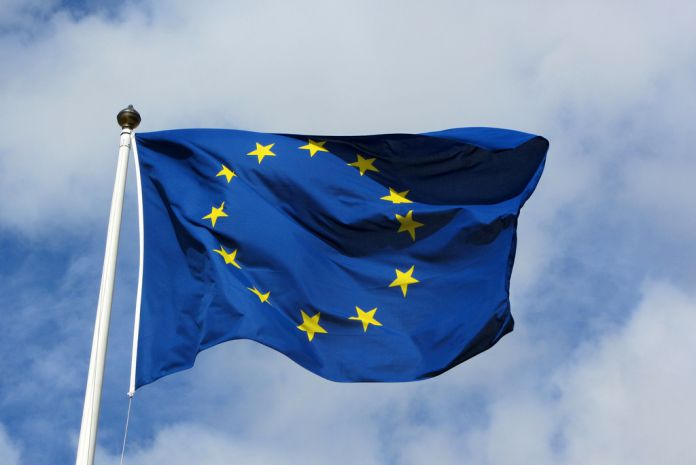The European Union has urged Google, Facebook, Microsoft, and other companies to start labeling all AI-generated content, such as deepfakes and synthetic media. The EU’s Digital Services Act (DSA) requires online platforms to take measures to prevent the spread of harmful content, including AI-generated content that could be used to mislead or deceive users.
The DSA defines AI-generated content as “content that is generated by an artificial intelligence system, including but not limited to deepfakes, synthetic media, and other forms of synthetic content.” The DSA requires online platforms to take measures to prevent the spread of AI-generated content that is “likely to cause significant harm,” such as “causing physical or psychological harm,” “damaging the reputation of an individual or organization,” or “interfering with an election.”
Google and Facebook have said that they are committed to complying with the DSA. However, they have also expressed concerns about the potential for the DSA to stifle innovation. The regulation is set to come into force in 2024. The EU’s call for Google and Facebook to start labeling AI-generated content is a sign that the EU is taking the issue of AI-generated content seriously. The DSA could have a significant impact on the way that AI-generated content is used online.
AI-generated content is content that is created by a machine, such as text, images, audio or video. AI can produce content based on human input, such as keywords, phrases or topics, or by using pre-existing data from the internet. AI-generated content can be used for various purposes, such as marketing, entertainment, education or journalism.
Managing the Risks of a Largely Unknown Technology
However, AI-generated content also poses some challenges and risks. For example, AI-generated content can be used to create fake news, deepfakes or other forms of disinformation that can harm individuals or society. AI-generated content can also be difficult to distinguish from human-generated content, especially as the quality and realism of AI improves.
Therefore, the EU wants to introduce a mandatory labeling system for AI-generated content, as part of its broader regulation on artificial intelligence. The labeling system would require online platforms to clearly indicate when content is produced by AI, and to provide information about the source and purpose of the AI system. The labeling system would also apply to content that is modified or edited by AI.
The EU hopes that the labeling system will help users to make informed decisions about the content they consume and share online. The labeling system will also help to ensure that users have the right to know when they are interacting with AI, and to protect their fundamental rights and values.
The EU’s proposal for labeling AI-generated content is still in its early stages, and it will need to go through a public consultation and a legislative process before it becomes law. The EU expects to adopt the final regulation on artificial intelligence by 2024.
AI Act Aims to Regulate Generative AI
The European Union (EU) is expected to finalize its Artificial Intelligence (AI) Act by 2024. The act is part of the EU’s broader digital strategy, which aims to foster innovation and competitiveness in the digital sector while protecting fundamental rights and values.
The AI Act is still undergoing revisions, but it is expected to create a legal framework for the development and deployment of AI systems in the EU. The framework will focus on ensuring safety, transparency, and accountability. It will also introduce a risk-based classification of AI systems, with stricter requirements for those deemed “high-risk.” High-risk AI systems are those that could pose a significant risk to people’s safety, fundamental rights, or the environment.
It seems like AI chatbots are facing increasing scrutiny in Europe. Google has already announced that its Bard AI will not be available in the European Union. Bard is not available in the EU due to potential GDPR concerns. The General Data Protection Regulation (GDPR) is a law that protects the privacy and personal data of EU citizens. It requires companies to obtain consent from users before collecting and processing their data, and to provide them with the right to access, correct, delete, or transfer their data.




